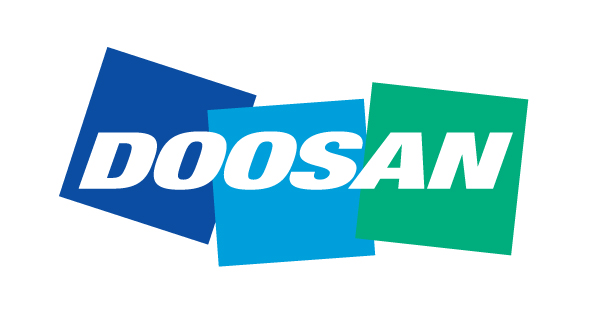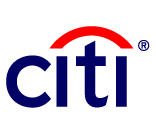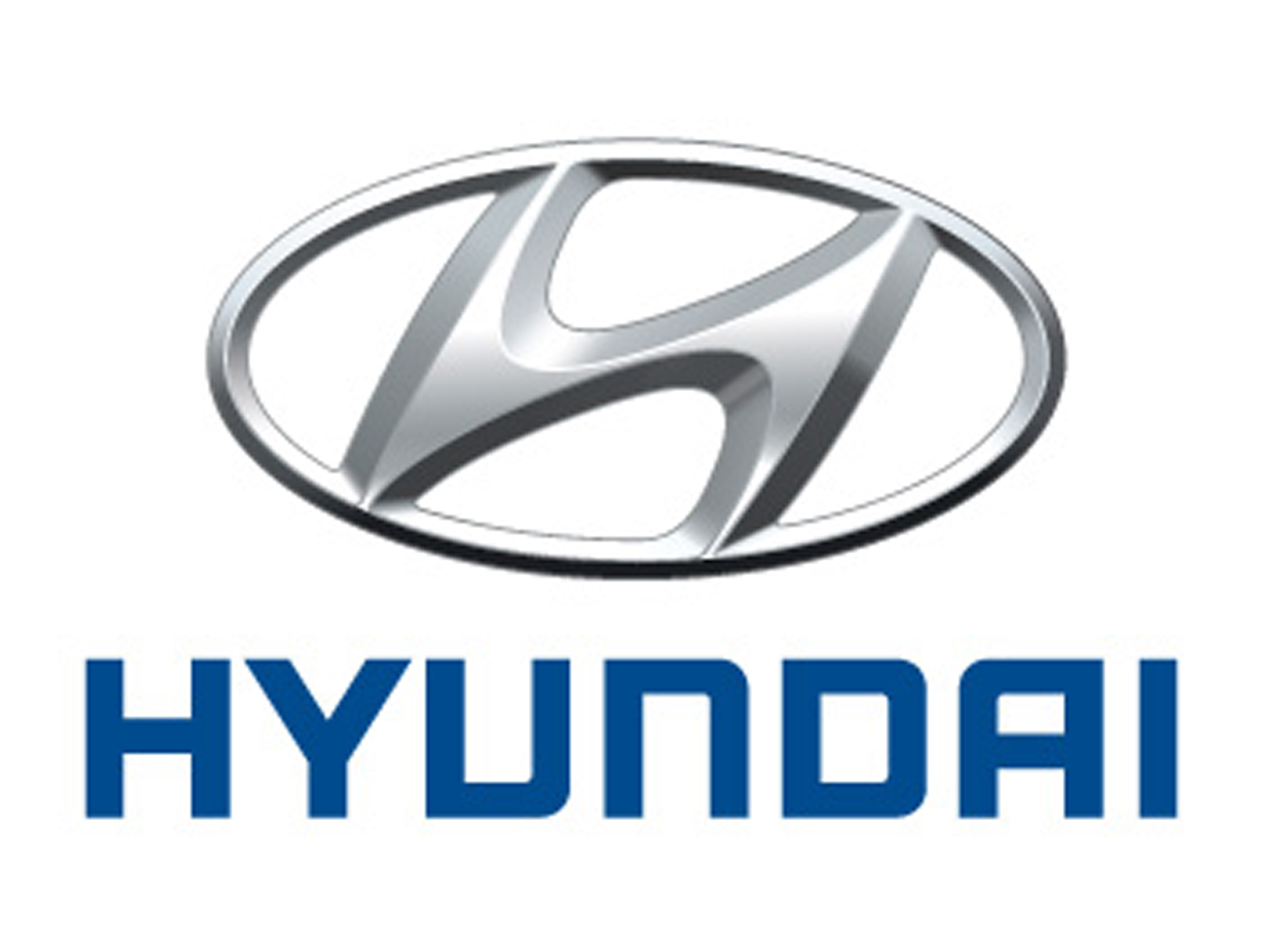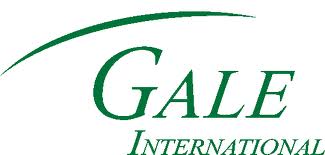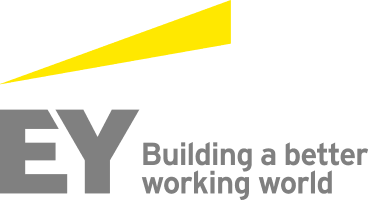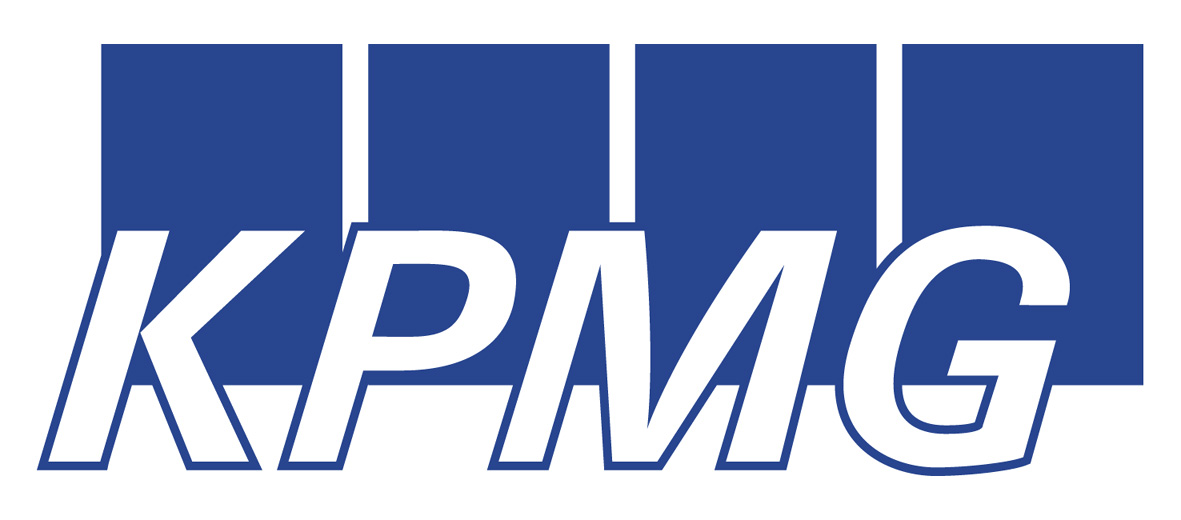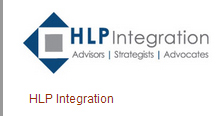The Korea Society hosted its 57th annual dinner on Tuesday, May 6, at The Plaza in New York City. Marillyn A. Hewson, Chairman, President and CEO of Lockheed Martin Corporation, delivered the evening’s keynote speech, suggesting education, cooperation and investment as “three areas where we should all keep pushing the boundaries, setting bold goals and chasing the horizons of the next great breakthrough.” The Republic of Korea’s Minister of Foreign Affairs, H.E. Mr. Yun Byung-se, in New York for meetings as President of the UN Security Council, also addressed the audience.
Thomas C. Hubbard, Chairman of The Korea Society, began the evening by offering a moment of silence in remembrance of the victims of the tragic accident of the Sewol ferry that occurred in Korea on April 16 and heartfelt condolences to all of the families of the victims.
The evening recognized the close partnership between the U.S. and Korea and presented the Society’s James A. Van Fleet Award to two visionary corporate leaders, Marillyn A. Hewson and Yongmaan Park, Chairman and CEO of Doosan Group, who have both advanced business ties and contributed to industrial cooperation between the two countries. Scott Park, President and CEO of Doosan Infracore Bobcat Holdings received the Van Fleet Award on behalf of Chairman Yongmaan Park of Doosan Group who was unfortunately unable to attend.
The New York Classical Players performed during the evening’s musical interlude.
Program
Tuesday, May 6, 2014
Keynote Speaker & Van Fleet Award Honoree
Marillyn A. Hewson
Chairman, President, and CEO
Lockheed Martin Corporation
Van Fleet Award Honoree
Yongmaan Park
Chairman and CEO
Doosan Group
His Excellency Yun Byung-se
Minister of Foreign Affairs
Republic of Korea
The Plaza
Fifth Avenue at Central Park South
New York City
***
Reception • 6:00 PM
Dinner • 7:00 PM
***
***
Speakers & Honorees
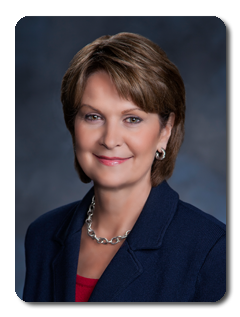 Keynote Speaker & Van Fleet Award Honoree
Keynote Speaker & Van Fleet Award Honoree
Marillyn A. Hewson
Chairman, President, and CEO
Lockheed Martin Corporation
Marillyn A. Hewson is Chairman, President and Chief Executive Officer of Lockheed Martin Corporation. She previously held a variety of increasingly responsible executive positions with the Corporation, including President and Chief Operating Officer and Executive Vice President of Lockheed Martin’s Electronic Systems business area.
In her 30 years with Lockheed Martin, Ms. Hewson has held several operational leadership positions including President of Lockheed Martin Systems Integration; Executive Vice President of Global Sustainment for Lockheed Martin Aeronautics; President and General Manager of Kelly Aviation Center, L.P., an affiliate of Lockheed Martin; and President of Lockheed Martin Logistics Services. She has also served in key corporate executive roles, including Senior Vice President of Corporate Shared Services, Vice President of Global Supply Chain Management, and Vice President of Corporate Internal Audit.
Ms. Hewson serves on the Board of Directors of DuPont and previously chaired the Sandia Corporation Board of Directors from 2010 to 2013. She served on the Board of Directors of Carpenter Technology Corporation from 2002 through 2006. In September 2013, Ms. Hewson was appointed by President Barack Obama to the President’s Export Council, the principal national advisory committee on international trade. She serves as Steering Committee Chair for the Defense Industry Initiative, an association of U.S. defense companies committed to conducting business affairs at the highest ethical level. She is a member of the Board of Governors of the Aerospace Industries Association, and is an Associate Fellow of the American Institute of Aeronautics and Astronautics.
Ms. Hewson serves on the Board of Directors of the Congressional Medal of Honor Foundation, the Board of Governors of the USO and on the Board of the National Geographic Education Foundation. She is a member of The Business Roundtable, the Economic Club of Washington, D.C., and the University of Alabama’s Culverhouse College of Commerce and Business Administration Board of Visitors. Ms. Hewson has been selected by Fortune magazine as one of the “50 Most Powerful Women in Business” for the past four years and was named #4 in 2013. She was named by Forbes as one of the “World’s 100 Most Powerful Women” in 2013.
Born in Junction City, Kansas, Ms. Hewson earned her Bachelor of Science degree in business administration and her Master of Arts degree in economics from The University of Alabama. She also attended the Columbia Business School and Harvard Business School executive development programs.
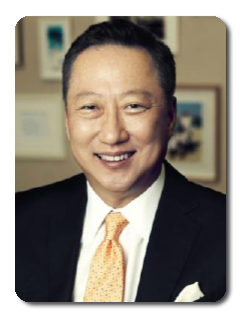 Van Fleet Award Honoree
Van Fleet Award Honoree
Yongmaan Park
Chairman and CEO
Doosan Group
Mr. Park is Chairman and Chief Executive Officer of the Doosan Group, and he is also Chairman of key Doosan businesses including Doosan Infracore and Doosan Heavy Industries & Construction. Doosan is a Global conglomerate with $24 billion revenue generated from the construction power and desalination plants as well as the manufacture of power equipment, construction equipment, engines and machine tools. Doosan boasts a storied history of 118 years, making it the oldest company in Korea—yet it is simultaneously the most dynamic enterprise.
Mr. Park has been in the front-and-center of the renowned transformation of the Doosan Group. He has led over 42 deals including acquisitions and divestitures of businesses as part of the strategic drive to overhaul Doosan’s business portfolio, turning Doosan from a consumer goods company to an ISB (Infrastructure Support Business) focused enterprise. Included in this portfolio change was the acquisition of Bobcat, the world leader in compact construction equipment. He has also spearheaded Doosan’s broader globalization efforts, transforming the Korean company into a multi-national conglomerate with operations in more than 30 countries, with over 50 percent of its 43,000 employees working overseas. Mr. Park’s leadership has led Doosan to achieve a seven-fold revenue growth in just over a decade. Doosan’s success, and Mr. Park’s leadership, have received tremendous publicity abroad and are frequently benchmarked in the industry.
In acknowledgement of his leadership and expertise, Mr. Park was elected as Chairman of the Korea Chamber of Commerce and Industry (KCCI) in August 2013. The KCCI is the nation’s largest business organization encompassing 71 regional chambers and approximately 150,000 firms and industry associations in Korea. Mr. Park, as Chairman of the KCCI, plays a central role in representing diverse voices of businesses and building close partnerships between the private and public sectors.
Mr. Park has also been known for his devoted service to enhance the commercial ties between Korea and other countries, being awarded the Order of Civil Merit of Spain in 2003 and the Order of Leopold Ⅱ of Belgium in 2009. Mr. Park has been Chairman of the Korea-Spain Economic Cooperation Committee since 2000, and a member of the Board of Directors for the Special Olympics - Korea since 2011. Mr. Park has been described as an open and caring leader who places people at the core of his values, and is currently devoted to building a strong common corporate culture within Doosan designed to achieve unparalleled success of Doosan for another 100 years.
An avid photographer and dedicated athlete, Mr. Park spends his leisure time in pursuing documentary photography and cross-country trekking. Mr. Park has traversed the Korean Peninsula on foot, travelling 550 km along a north-south path and 320 km along a west-east path. Most recently he has walked across 230km around the southern coast, setting a record of total 1,100km.
Mr. Park is also a public figure known for his open communication through Twitter, with more than 155,000 followers.
Mr. Park received his Bachelor’s Degree in Business Administration from Seoul National University in 1978 and his MBA from Boston University in 1982. He is fluent in English and Japanese.
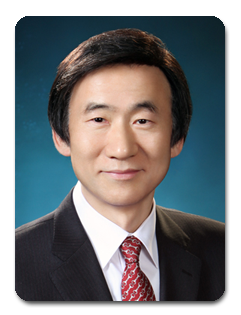 Guest Speaker
Guest Speaker
His Excellency Yun Byung-se
Minister of Foreign Affairs
Republic of Korea
Yun Byung-se is the Minister of Foreign Affairs of the Republic of Korea. Previously, he served as an Adviser for Foreign Affairs, National Defense and Unification in the Presidential Transition Committee for then-President-elect Park Geun-hye, and played a crucial role in crafting the Trust-Building Process on the Korean Peninsula. Since joining the Ministry of Foreign Affairs in 1976, he has served in a number of important posts both at home and abroad, including Deputy Foreign Minister, Deputy Director-General for North American Affairs, Minister at the Korean Embassy in Washington D.C. as well as at the Korean Permanent Mission to the U.N. in Geneva. From 2006 to 2008, he also served as Senior Presidential Secretary for Foreign, Security and Unification Policy. From 2009 to 2012, he was a visiting professor of the Graduate School of International Studies (GSIS) at Sogang University, Korea. In 2013, he was named one of the World’s 500 Most Powerful People by Foreign Policy magazine. He has a bachelor’s degree in law from Seoul National University and a master’s degree from the School of Advanced International Studies (SAIS) at Johns Hopkins University.
H.E. Yun Byung-se's Remarks
“The ROK-US Alliance: Towards the Next 60 Years”
by H.E. Yun Byung-se
Minister of Foreign Affairs
Republic of Korea
The Korea Society Annual Dinner
May 6, 2014, New York City
Chairman Hubbard,
President Minton,
President Hewson,
Ambassador Davies, and
Distinguished Guests,
At the outset, I would like to extend my deep gratitude to the American people for the heartfelt condolences and support that were offered to the Korean people following the recent Sewol Ferry tragedy.
This tragedy once again reminded us that “a friend in need is a friend indeed.” President Obama shared a moment of silence for the victims prior to the summit with President Park in Seoul. He presented her with the American flag from the White House.
A magnolia tree planted on the White House lawn was also presented to Danwon High School in memory of the students who perished. The tree will be a lasting symbol of remembrance of the young students and remind us that their loss will not be in vain. The touching words of sorrow written by the students of Thomas Jefferson High School also comforted the bereaved families.
Indeed, all these reflected the true friendship and the enduring alliance between our two countries.
Ladies and Gentlemen,
Just 10 days ago, President Obama made his fourth visit to Korea. The fact that Seoul is his most frequently visited foreign capital speaks volumes about the state of Korea-US relations today.
Prior to President Obama’s visit to Seoul, a high-level U.S. official told us that “Korea is one of the most reliable countries among friends and allies.”
Reflecting this atmosphere, President Obama’s latest visit to Korea served as a valuable opportunity to review the current status of our alliance and to build our future together. Our two leaders agreed upon a wide range of issues, including pressing security matters, mutually beneficial economic cooperation, a shared vision of a future Korean Peninsula, and collaboration on various global agendas.
In particular, amid tensions sparked by North Korea’s threats of further provocations and of its fourth nuclear test, the two leaders reaffirmed that any further provocation will not be tolerated and will lead only to heightened pressure by the international community.
The two presidents also jointly visited the ROK-US Combined Forces Command to reaffirm our combined defense capabilities and review their readiness to counter any and all provocations. It was the first such visit by the two presidents since its creation in 1978.
Moreover, in light of the renewed threats by North Korea, the two leaders agreed to reconsider the timing of transferring wartime operational control. Furthermore, the “2+2” talks between our Foreign and Defense Ministers will be held later this year to upgrade our alliance and discuss our shared tasks for the future.
Ladies and Gentlemen,
Last September we celebrated in this very room many achievements of our 60 year old alliance.
The outcome of President Obama’s recent visit clearly illustrates where we stand in each and every front, as was reflected in the Joint Fact Sheet. It enables us to foresee what the future will hold for our alliance. It highlights our common goals of peace, prosperity, and human dignity.
As we look ahead to the next 60 years of the Korea-US alliance, we are expanding the scope of our partnership from security and economic cooperation to today’s global partnership in many new areas. It will also be an alliance that will stand as a linchpin of peace and prosperity in the Asia Pacific and an alliance that will help to bring about the Korean unification.
We should not, of course, underestimate the serious challenges we face today on the Korean Peninsula and in Northeast Asia. There will be many challenges on the road ahead. Such challenges include not only increased threats and uncertainties from North Korea, but also history and other issues that are widening the rifts among the nations of Northeast Asia.
However, as the saying goes, “it is always darkest before the dawn.” The grave situation we find ourselves in today could well become an opportunity, rather than a crisis. I believe that we have the wisdom and capability to make this happen.
Ladies and Gentleman,
As you know well, this year marks the 25th anniversary of the fall of the Berlin Wall, and next year will be the 70th year of the division of the Korean Peninsula.
As such, my government is stepping up its efforts to overcome the division of the Korean Peninsula and to pave the way for unification, while trying to build sustainable peace.
President Park laid out her vision for a unified Korea in Dresden during her visit to Germany last March.
Through that speech, she offered three concrete and action-oriented proposals to North Korea. That is, to resolve the humanitarian problems of the people of the Korean Peninsula; to build infrastructure for the welfare and prosperity of the Korean nation; and to promote integration of the Korean people.
She also emphasized the need for cooperation from the international community to make the vision of unification a reality, drawing lessons from the German experience.
With this in mind, President Park stressed the key principles of unification: that the unification will proceed in harmony with interests of our neighbors, with the blessing of the international community, and will contribute to the cause of humanity.
President Obama also supported the Korean people’s desire for unification, expressing his support for President Park’s vision laid out in her Dresden address.
Beyond the Korean Peninsula, my government will continue to make efforts to transform the existing structure of distrust and conflict into a structure of trust and cooperation as well.
Ladies and Gentlemen,
The Korea-US alliance has evolved over the last 60 years in an unprecedented way thanks to the dedicated people on both sides of the Pacific devoted to the cause of our alliance.
Looking ahead to the next 60 years, we need people like you, the pioneers, filled with imagination and insights. Because of the future we face together, the future of the Korea-US alliance will be quite different from today.
For us to better cope with the challenges of tomorrow, we need more than government participation. More than at any other time in the past, the active participation and support of civic and business leaders are essential.
It is for this reason that I wish to express my special thanks and extend my sincere congratulations to Chairman Park Yong Man of the Doosan Group and President Marillyn A. Hewson of Lockheed Martin.
These two recipients of this year's Van Fleet Award are recognized for their tremendous contributions to the economic cooperation between Korea and the United States. Congratulations to both of you.
Finally, I would like to express my appreciation to the Korea Society for the pioneering role it has played in making possible the best ever relations between the US and Korea.
Thank you.
###
Marillyn A. Hewson's Remarks
Remarks As Delivered by
Chairman, President and CEO
Marillyn A. Hewson
The Korea Society Annual Dinner
New York, NY
May 6, 2014
Minister Yun, Ambassador Hubbard, Ambassador Minton, Ambassador Oh, Ambassador Son, Mr. Park, distinguished guests and friends – on behalf of the 113,000 men and women of Lockheed Martin, I am honored to join you here tonight for this important celebration.
For nearly sixty years, the Korea Society and its heritage organizations have served an important mission: To promote greater awareness, understanding and cooperation between the people of the United States and Korea. We are proud to be associated with the Korea Society, and we’re honored to be here tonight to receive the coveted Van Fleet award.
While this is an evening of celebration, it comes at a time when Koreans, Americans and members of the global community are in mourning. We are all deeply saddened by the tragic Sewol ferry accident off the coast of Korea. It is especially painful that so many of the lives lost were students who had a lifetime of potential that will never be realized. The loss of so many bright young kids is simply unimaginable and absolutely heartbreaking. I’m proud to wear my yellow ribbon along with my Lockheed Martin colleagues. Tonight, we stand solemnly with our friends and in deepest sympathy to the families of those who were lost.
Tragedies like this shine a light on friendships that endure through difficult times. The bond between the United States and Korea is stronger than ever, and that is what the Korea Society represents. Each year, this gathering celebrates the partnership between our countries – a partnership based on common interests, a common history and common values.
As all of you know, that partnership was born of necessity and forged through sacrifice. In the early 1950s, as the Cold War turned hot, the U.S. and the Republic of Korea joined together to keep liberty alive. General James Van Fleet was a key part of that effort, leading American soldiers who, and as is inscribed at the Korean War Memorial, fought for “a country they never knew and a people they never met.” And after the smoke had settled and the work of re-building a nation had begun, General Van Fleet founded this Society so that Americans could come to know Korea and its people.
For Lockheed Martin, those memories are part of our history, too. In the first months of the war, air attacks by Lockheed F-80 Shooting Stars accounted for roughly 75 percent of enemy losses. In November 1950, Lt. Russell Brown of the 51st Fighter Interceptor Wing was piloting a Shooting Star when he shot down a Chinese MiG-15 in the very first jet versus jet dogfight. Our nation was committed to Korea’s security then, and we remain firmly committed to it now, as new and complex threats challenge stability in the region and beyond. Just last month we held the largest-ever joint air drill to strengthen battle readiness on the peninsula.
We know from our shared experience that freedom is worth defending. Lockheed Martin is proud to be a long-time partner in supporting Korea’s defense with systems and programs from missile defense to fighter jets, and advanced radar to airlift capabilities. Last month, we were honored by Korea’s decision to move forward on the purchase of the F-35 Lightning II Joint Strike Fighter. The F-35 is the most technologically sophisticated fighter in history, and we are proud to bring this capability to Korea and continue our partnership in its national defense.
Of course, the close relationship between our countries is much broader than national defense. We are partners in building prosperity, peace and progress around the world. Korea has earned global admiration for its economic and political transformation. Half a century ago, the Republic of Korea was a struggling economy. Today, it is among the wealthiest industrialized nations in the world, a major trading partner of the United States and a strong and vibrant democracy.
Yet, rather than rest on its laurels, Korea has committed to give back by playing a leading, responsible role in the community of nations. Korean troops have served in UN peacekeeping missions from East Timor to Lebanon to Haiti. They’ve been part of coalition forces in Iraq and re-construction teams in Afghanistan. Once a country that welcomed assistance from American Peace Corps volunteers, today Korea has its own global service corps and collaborates with the Peace Corps to fight poverty and build friendships around the world.
Americans are proud to call Korea our ally, partner and friend. As we look to the future, we know that we can go farther together than we ever could alone. Our countries see opportunities on the horizon as we strive to seize the benefits of this new age while preparing for its challenges.
We know that innovation is indispensable to growth and to driving the progress, discovery and achievement that lifts a society and improves people’s lives. President Park has championed what she calls a “creative economy” to drive Korea forward. She has said, and I quote, “Today, the brilliant idea, creative thought or new technology of a single individual can help move the world and get nations going.” Likewise, President Obama’s administration is working to unleash innovation as the engine of economic growth at home and competitiveness abroad.
Yet, sparking creativity and driving innovation is easier said than done. Success depends on vision, purpose and dedication, not only from our government leaders, but from business and civil society as well.
So tonight, I’d like to suggest three areas where we should all keep pushing the boundaries, setting bold goals and chasing the horizons of the next great breakthrough. Education, cooperation and investment: three ways that we can accelerate innovation and partner for mutual success.
Let’s start with education.
Education is where the seeds of innovation take root, and this is an area where the Republic of Korea has set an inspiring standard. Korean students are among the top performers in international rankings, supported by a culture that strongly values educational achievement. Both of our countries are focused on making our educational systems even better to help equip rising generations with the skills they need to succeed. The good news is that we have exciting new tools to make the most of global possibilities.
For example, as global boundaries continue to fall, educational exchange is on the rise. Last year, more than 70,000 South Koreans were studying in the United States and the number of Americans studying in South Korea increased by more than 8 percent.
New technologies have dramatically improved access to education and diversity of perspectives in academia. I recently read about one enterprising young South Korean, Se-won Ahn, who had taken a business class from the University of Maryland, was studying history at a women’s university in Seoul, taking anthropology from Hebrew University of Jerusalem and starting a course in philosophy at MIT. Talk about global learning! That’s the kind of ambitious, creative approach to education we need for the 21st century.
The second way we can accelerate innovation is through international cooperation.
Oliver Wendell Holmes said that, "Many ideas grow better when transplanted into another mind than the one where they sprang up." I couldn’t agree more. When we break down barriers and share expertise, resources, technology and discoveries, that’s when innovation thrives. We’ve seen this first-hand. Our international partnerships bring tremendous value to our programs at Lockheed Martin.
In Korea, for example, we partnered with Korea Aerospace Industries to create the T-50 Golden Eagle – the world’s only supersonic trainer and light attack aircraft. The T-50 first took to the skies back in the summer of 2002. Today, Lockheed Martin and KAI are jointly marketing the aircraft to the United States Air Force as the next U.S. trainer, and we’ve successfully exported variants to Iraq, Indonesia and the Philippines.
We are committed to continue helping Korea develop its technological capabilities. For example, we recently reached agreement to upgrade Korea’s air traffic management system. As part of that process, we’ll establish a research and development center to enable technology transfer and in-country software customization.
And we’re especially excited about a new initiative we’ve established called RoKST&R. It isn’t K-Pop or Gangnam Style, but we hope it will go viral and launch its own Korean Wave. RoKST&R stands for the Republic of Korea Science, Technology and Research Program. It’s a fund to promote aerospace R&D in Korean universities, and to nurture the entrepreneurship that will fuel the creative economy. We’re really thrilled about working with Korea’s talented young men and women as they use advanced technology and engineering to tackle our most pressing challenges.
Building off that example, the last way that I believe we can accelerate innovation is by making the right investments.
The great inventor, Thomas Edison, once said, “The value of an idea lies in the using of it.” And we know from experience that innovation depends on a climate of encouragement and support. Smart investments can mean the difference between an idea that changes the world and one that simply withers on the vine.
Earlier this year, we saw an example of smart investment in action in this country as the White House announced the launch of two new Manufacturing Innovation Institutes. One, in Detroit, will focus on manufacturing light-weight and modern metals. The other is a Chicago-based consortium that will concentrate on digital manufacturing and design technologies. Lockheed Martin will be active in both, together, with other leading organizations.
I know that President Park is pursuing similar ideas. By 2015 she’s pledged to establish innovation centers in 17 cities across Korea, combining regional and national government support with private sector ingenuity and know-how. And in the critical area of research and development, where Korea is already a leader, the government has committed to raise R&D spending to 5 percent of GDP.
Korea understands that even in challenging economic times, devoting resources to innovation today can pay far greater dividends tomorrow, strengthening economies, opening up new possibilities and making our world a better place.
So, these are our accelerators: education, cooperation and investment. They drive innovation and will shape a future even prouder than our past. We have decades of partnership to build on and unlimited possibilities in front of us.
And in that spirit, let me end with a story, looking back and looking ahead. Some of you may know that 130 years ago this year, Thomas Edison was hired to bring the first electric lighting plant to Korea. The powerhouse was completed at the king’s palace in Seoul in 1887. At the time, it was the most advanced technology anyone could imagine. People thought of Thomas Edison as a visionary, the so-called “wizard of Menlo Park.” Yet even Edison would have marveled at what we are capable of today, and just as astonishing, at how Korea now stands as a vanguard of technological change.
More than a century ago, it was American innovation that helped illuminate Korea. Today, Korean innovation is helping enlighten the world. And I am convinced that, working together, we can accelerate more breakthrough innovations and make the 21st century a time of hope, progress and prosperity.
Thank you.
###
Supporters
Chair
Doosan Heavy Industries and Construction
Leader/Vice Chair
Benefactor
Patron
Sponsor

Hyundai Heavy Industries Co., Ltd.
Korean Consulate General in New York
Donor
Contributor

Kohn Pedersen Fox Associates PC
![]()
Korea International Trade Association
Special Acknowledgement
Additional support provided by
Young Yang Chung, Seol Won Foundation; Young-Ho Kim, Ilshin Spinning Co., Ltd.; Korean American Community Foundation (KACF); MCM;
Levels & Tickets
Dinner Committe
Leader at $100,000
• Premium seating for 20 guests, as well as choice seating for an additional 20 guests
• Private reception tickets for 20 guests
• Podium recognition
• Full-page corporate profile with photo and bio in the dinner program book
• Acknowledgement on the Web site and in other print publications
Benefactor at $50,000
• Priority seating for 20 guests
• Private reception tickets for 10 guests
• Podium recognition
• Full-page corporate profile with photo and bio in the dinner program book
• Acknowledgement on the Web site and in other print publications
Patron at $30,000
• Choice seating for 10 guests
• Private reception tickets for 6 guests
• Podium recognition
• Half-page corporate profile with photo and bio in the dinner program book
• Acknowledgement on the Web site and in other print publications
Sponsor at $17,000
• Seating for 10 guests
• Private reception tickets for 2 guests
• Quarter-page corporate profile with photo in the dinner program book
• Acknowledgement on the Web site and in other print publications
Table Sponsors
Donor at $12,000
• Seating for 10 guests
• Acknowledgement in the dinner program book, on the Web site, and in other print publications
Contributor at $7,000
• Seating for 5 guests (half-table)
• Acknowledgement in the dinner program book, on the Web site, and in other print publications
Individual Tickets (Click here to purchase)
Patron ($3,000) / Patron Couple (2 tickets, $5,000)
One ticket for the general reception and dinner, choice seating, and acknowledgment in the dinner program book and other publications
Contributor ($700)
One ticket for the general reception and dinner
Associate ($500)
One ticket for the general reception and dinner
This rate is available only for attendees from governmental, nonprofit, and academic institutions, and young professionals without corporate sponsorship. (Please confirm your eligibility with Jiyoung Suh .)
Dinner Committee confirmation must be received by April 11, 2014. Table sponsorship and Patron ticket registration must be confirmed by April 18, 2014 to be included in the dinner program.
The Korea Society is an independent, non-partisan, not-for-profit qualifying tax-exempt organization as described in section 501(c)(3) of the U.S. Internal Revenue Code. Contributions are tax-deductible to the extent permitted by law. The non-deductible portion of each ticket is $450.
Music
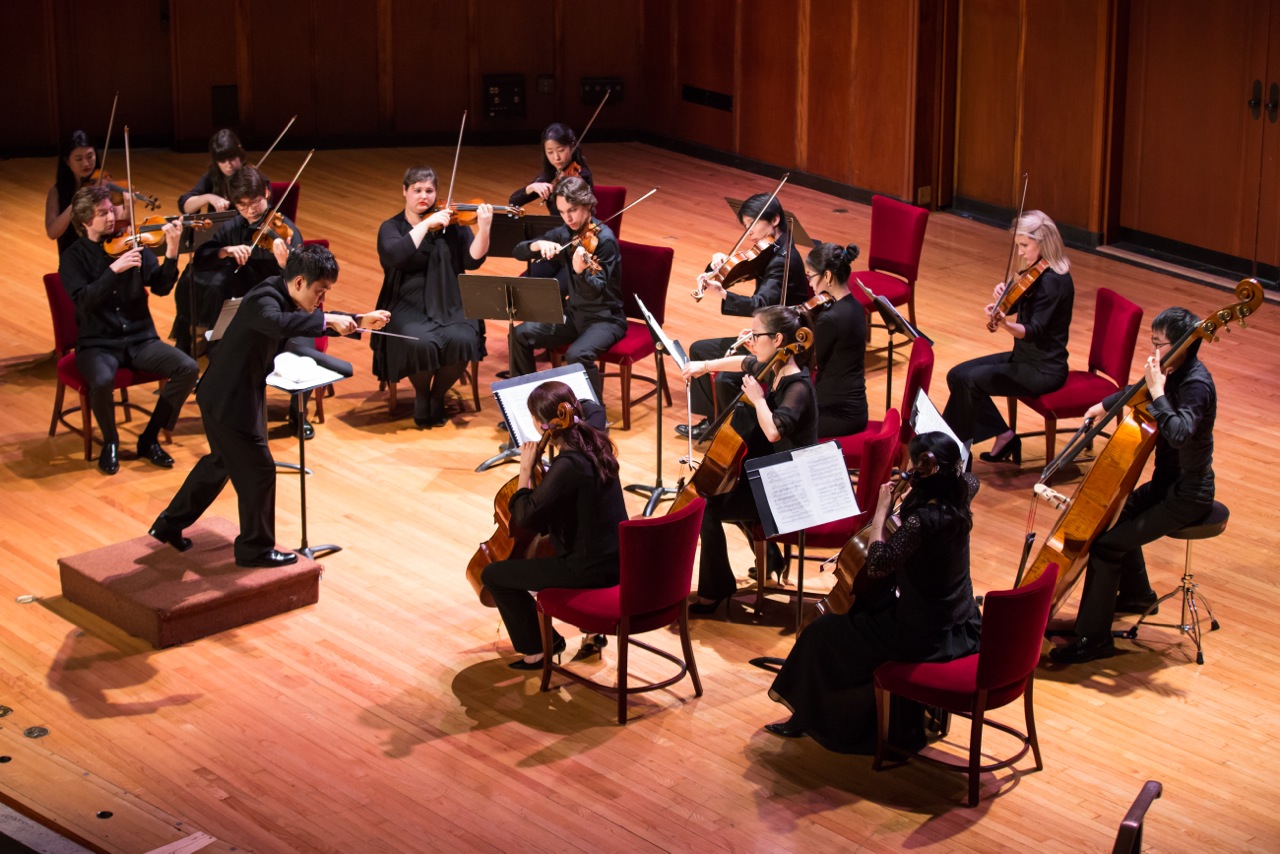
New York Classical Players
Acclaimed by TimeOut NY as an “Exuberant Chamber Orchestra; Admirably dedicated to bringing free music!”, the New York Classical Players is a professional chamber ensemble that brings inspiring free classical music to neighborhoods in every borough of NY and in NJ. Currently in their fourth season, NYCP has performed nearly 40 concerts and served around 30,000 people in various capacities. Notable guest soloists include Sumi Jo, Kim Kashkashian, Cho Liang Lin, Stefan Jackiw, and Chee Yun. Most recently, NYCP has completed their first national tour of NY, NJ, DC and LA with esteemed soprano, Sumi Jo, to nearly 10,000 guests across the nation. NYCP’s mission is also extended online with nearly 100,000 hits on their online video channel. www.newyorkclassicalplayers.org/
Music Director, Dongmin Kim, is quickly establishing himself as one of the most exciting and versatile conductors of his generation. Dongmin Kim conducted the National Symphony Orchestra at the Kennedy Center and at the Seoul Arts Center where he conducted The Magic Flute. He was also at the podium with the Philadelphia Orchestra, the Baltimore Symphony Orchestra, the Minnesota Orchestra, and the Indianapolis Symphony, among others. Dongmin was awarded the Herbert von Karajan Fellowship and served a residency with the Wien Philharmonic Orchestra at the Salzburg Festival and has studied and worked under the mentorship of Kurt Masur, Lorin Maazel, Leonard Slatkin, and Mstislav Rostropovich. A native of Seoul, Dongmin has dual-studies in both orchestral conducting and viola at Jacobs School of Music Indiana University.www.dongminkim.com
Dinner Committee
Chair
Geewon Park
Chairman & CEO
Doosan Heavy Industries and Construction Co., LTD.
Lead/Vice Chair
Nancy Ziuzin-Schlegel
Vice President, International Customer Focus Teams
Lockheed Martin Corporation
Benefactor
Hollis W. Hart
Head of International Franchise Management
Citi
Dave Zuchowski
President & CEO
Hyundai Motor America
William Cho
President and CEO
LG Electronics U.S.A.
Patron
Stanley C. Gale
Chairman and CEO
Gale International
Susan Greenwell
Vice President and Head, International Government Relations
MetLife
Sponsor
Hae-Young Kim
Partner
Ernst & Young
Jai-Seong Lee
Chairman
Hyundai Heavy Industries Co., Ltd.

